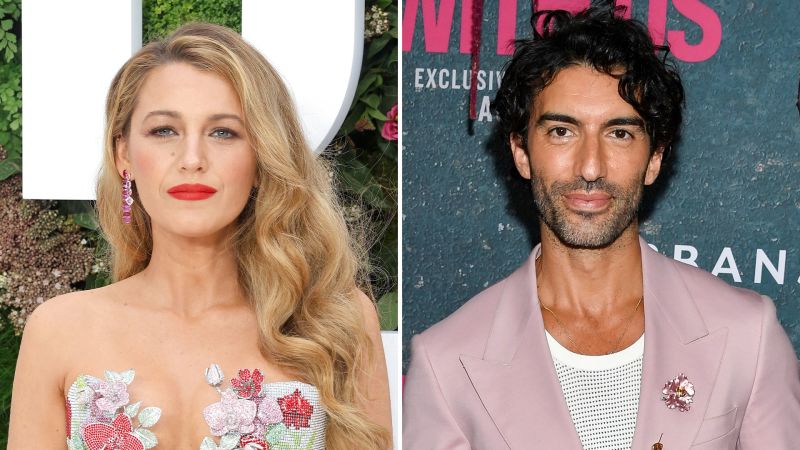In a notable legal battle unfolding between renowned actress Blake Lively and actor Justin Baldoni, a judge has recently taken significant measures to ensure the protection of sensitive information. This legal discourse has highlighted issues surrounding confidentiality, privacy, and harassment in the context of high-profile public figures. In a ruling released on Thursday, the presiding judge announced that a standard protective order would not suffice amid the complexities and sensitivities involved, particularly due to the nature of the allegations.
The ruling emphasizes the need for a heightened protective order that Blake Lively requested, aimed at keeping private matters confidential—including medical records and trade secrets regarding future projects. The judge acknowledged the unique challenges involved in a case that includes potential allegations of sexual misconduct, which inherently possess the risk of exposing highly sensitive personal information about all parties involved. In his ruling, the judge indicated that the discovery process would likely unveil “confidential and sensitive business and personal information,” heightening the potential risks of public disclosure.
Last month, Lively’s legal team cited privacy concerns as a central reason for seeking an expanded confidentiality agreement. They pointed out that several individuals and organizations on both sides of the case are closely associated with public relations or media sectors, heightening the risk of leaks to the press. The judge reiterated the concerns raised about the media’s interest in the case, adding that even if some information does not get disclosed directly, it may still circulate through gossip and innuendo within the closely-knit artistic community, thus harming the reputation of either party.
The judge has deemed certain sensitive information—such as medical and security details, as well as trade secrets regarding business plans—will be accessible only to attorneys, ensuring strict confidentiality. Nevertheless, the court also recognized that some intensely personal information pertaining to third parties would be particularly challenging to protect due to the nature of the sexual harassment allegations in question. Lively’s counsel has argued for these strengthened protective measures, citing a persistent campaign of online harassment following her sexual harassment complaint against Baldoni, which she filed in December 2024. Allegedly abusive and threatening communications have targeted both Lively and her family, leading to additional concerns about safety and privacy.
In contrast, Baldoni’s legal team has contended that the standard protective order would adequately address any privacy concerns and have criticized Lively’s requests as attempts to shield her from potentially damaging evidence. His attorney, Bryan Freedman, expressed that while he agreed with some protections for sensitive categories, such mentions of personal medical or mental health records have never been of particular concern to them. He also voiced intentions to focus on communications that counter Lively’s claims, asserting their commitment to adhering to court orders.
During a March hearing, the judges raised pertinent comments regarding the inherent nature of high-profile cases. The judge warned that engaging in legal disputes involving celebrities often invites media scrutiny, making it nearly impossible to keep highly relevant information from becoming public. The reality of litigation, the judge emphasized, is that the discovery is tied to the sensitive details of the cases, which often attract media attention regardless of the parties’ attempts at confidentiality.
As the litigation unfolded, Lively’s legal team issued subpoenas for extensive records from phone carriers and digital service providers, seeking access to over two years’ worth of communications. However, the judge described this request as excessively intrusive, indicating that only narrowly tailored records that are truly relevant to the case would be permissible. The judgment portrayed a careful balancing act between the need for confidentiality and the legitimate privacy interests of all parties involved.
Ultimately, the complexity of this legal battle continues to raise important questions about privacy, media involvement, and the treatment of public figures in legal disputes. With the court’s recent developments, Lively and Baldoni both find themselves navigating a precarious landscape where personal and business life may intersect in unexpected ways.











